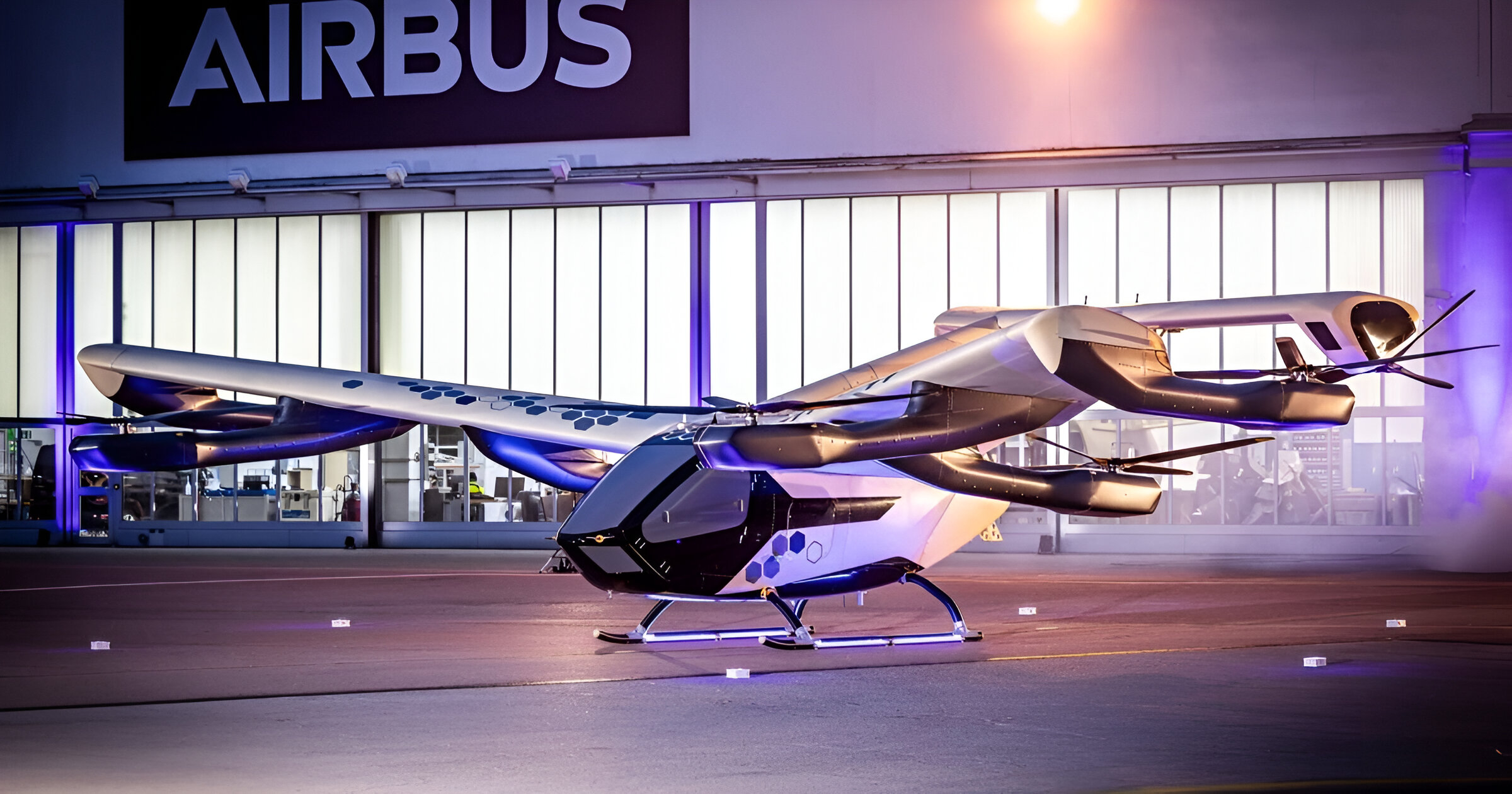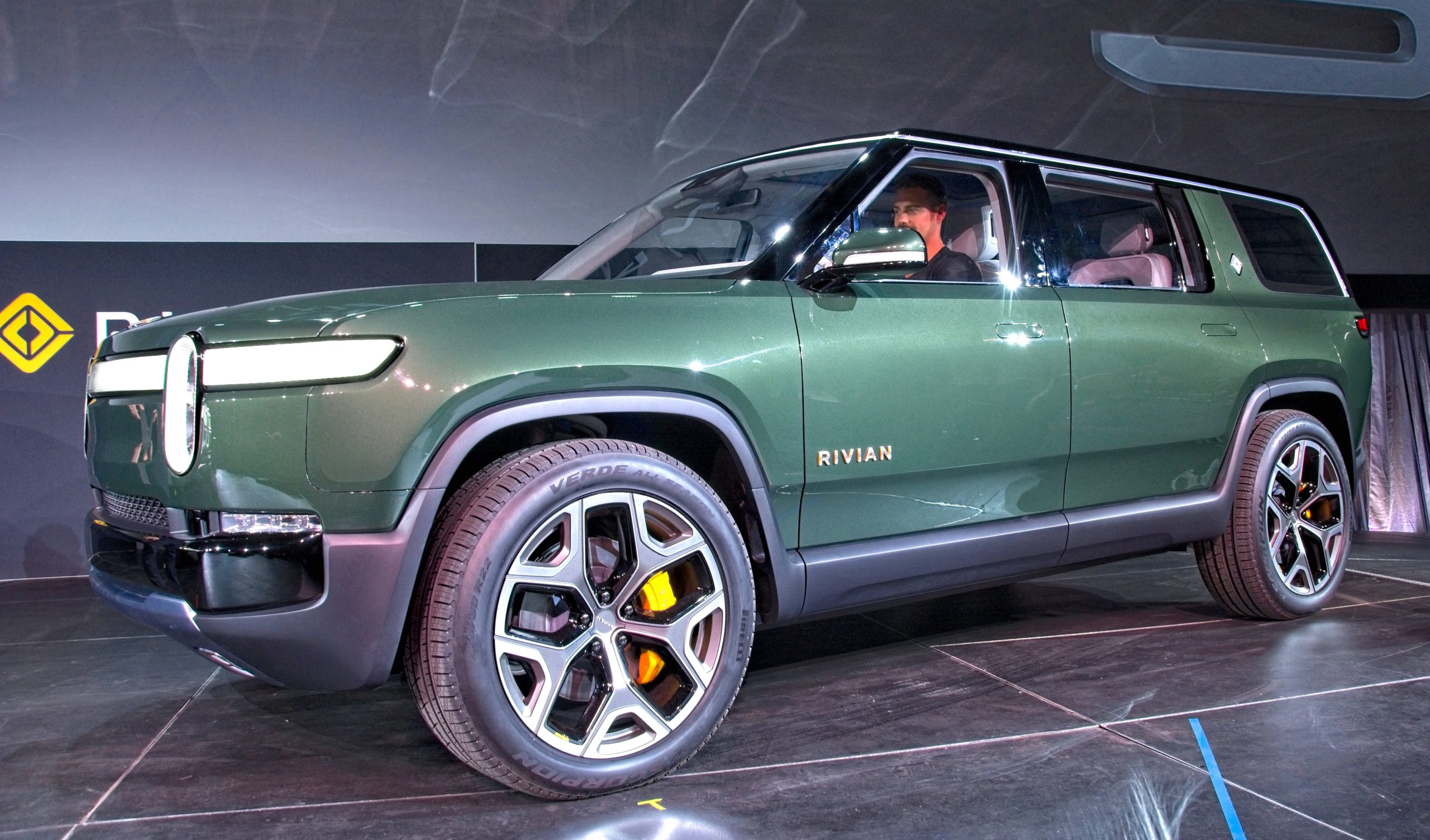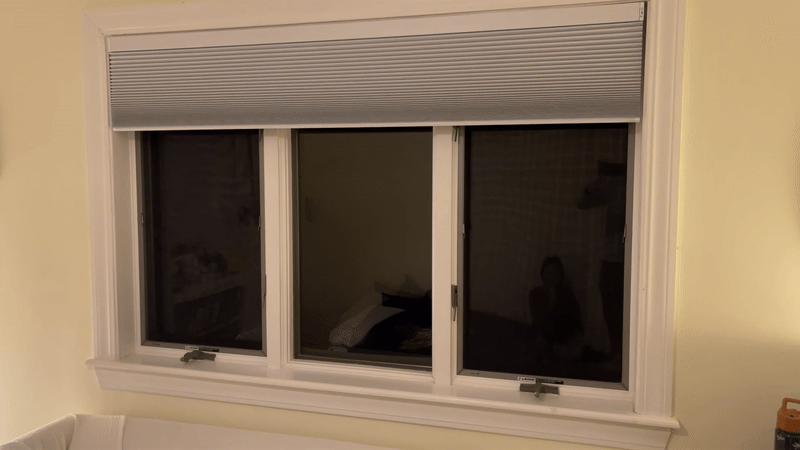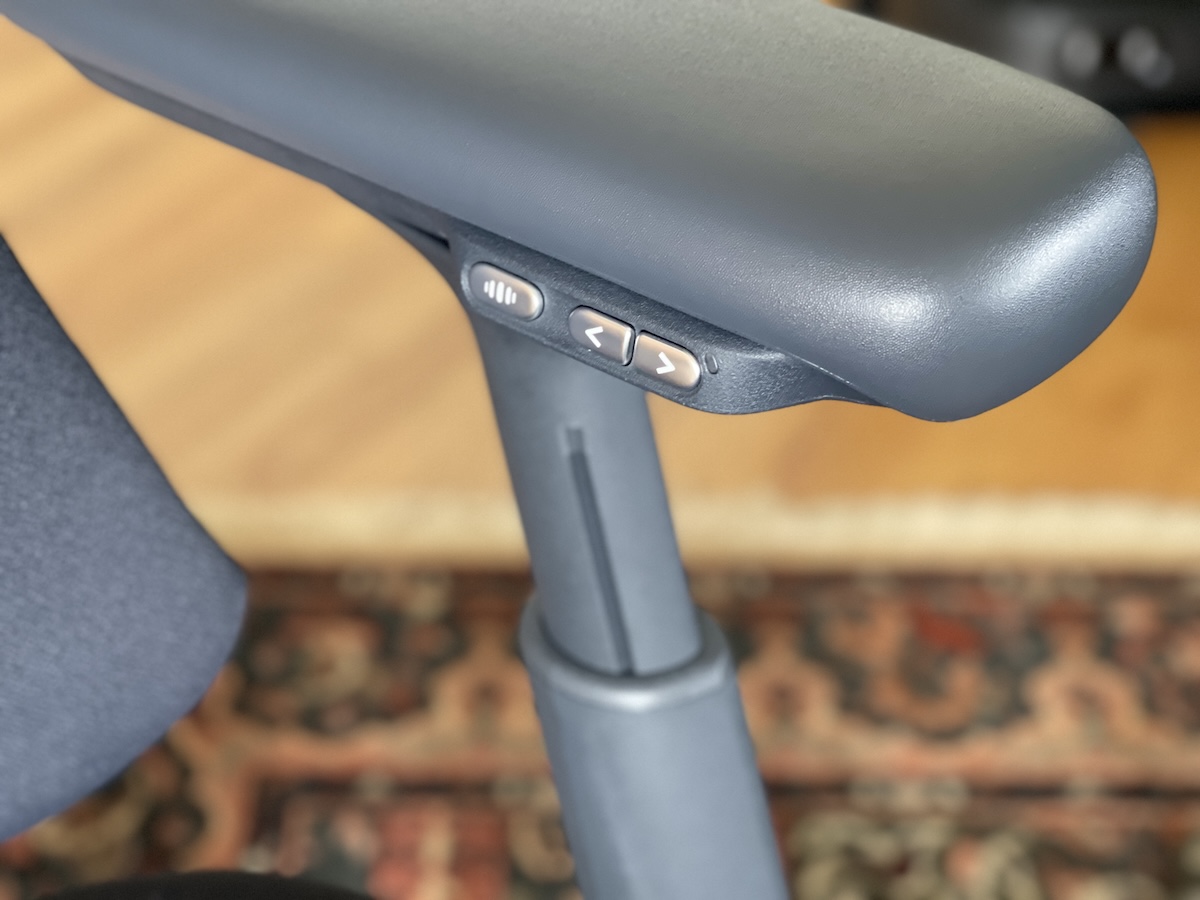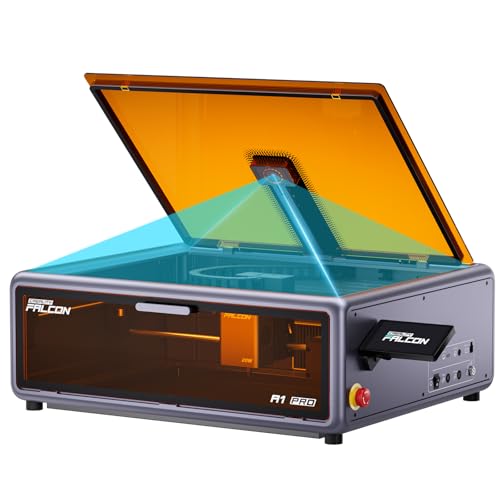Despite pausing commercial plans for its urban air mobility vehicle, Airbus continues to push forward with testing and development of its CityAirbus NextGen eVTOL prototype. This presentation explores Airbus’s strategic pivot in the electric vertical takeoff and landing aircraft market, highlighting why one of the world’s leading aerospace manufacturers has chosen to delay commercialization while continuing to invest in flight testing. We’ll examine the battery technology limitations, regulatory concerns, and long-term vision that led to this decision, as well as what Airbus hopes to learn from its ongoing test program. While many competitors rush to market, Airbus’s measured approach offers fascinating insights into the realistic timeline for viable urban air mobility solutions.
Ongoing flight testing
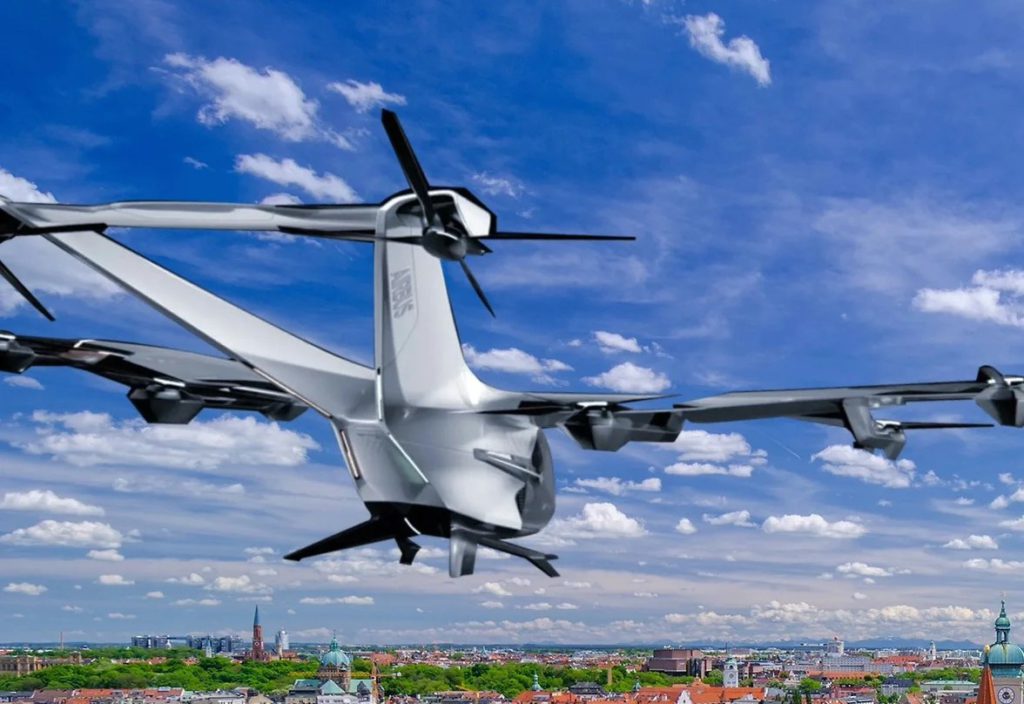
Despite announcing in January 2025 that it would not proceed with the commercial launch of its four-seat CityAirbus NextGen eVTOL aircraft, Airbus continues conducting weekly flight tests with the prototype. This ongoing commitment to testing demonstrates the company’s long-term investment in electric vertical flight technology, even as it adjusts its commercial timeline.
The aircraft has been relocated from Airbus Helicopters’ Donauwörth facility in Germany, likely to the nearby Airbus Defense and Space facility in Manching, though the company has declined to officially confirm the new testing location. This move suggests a broadening of the testing program, potentially involving resources and expertise from Airbus’s defense division.
These continued flight tests will extend throughout 2025, focusing on gathering crucial data that will inform future eVTOL developments at Airbus. The decision to maintain an active testing program, despite pausing commercialization plans, underscores the company’s commitment to remaining at the forefront of electric aviation technology, even as it recalibrates its timeline for market entry.
Battery technology limitations

At the heart of Airbus’s decision to delay commercialization lies a fundamental challenge facing all eVTOL developers: current battery technology simply doesn’t deliver the performance needed for commercially viable urban air mobility. During a press briefing in March, Airbus Helicopters CEO Bruno Even candidly acknowledged that available battery technology would not support the required range and payload performance until the 2030s.
This honest assessment stands in contrast to more optimistic timelines presented by some eVTOL startups. Airbus’s extensive experience in aircraft development and certification gives significant weight to its conclusion that battery energy density – the amount of power that can be packed into a given weight and volume – remains insufficient for practical urban air mobility applications that meet their commercial standards.
When the CityAirbus NextGen project was initiated four years ago, the target had been to achieve a range of up to 80 kilometers (43 nautical miles). However, Airbus’s rigorous performance projections for battery technology development in the coming years indicated this would not be achievable within their original timeline. This realization prompted the aerospace giant to make the difficult but pragmatic decision to extend its development timeline rather than compromise on performance.
Regulatory landscape concerns

Beyond the technical challenges of battery performance, Airbus has expressed significant concern about the regulatory landscape for eVTOL aircraft. The certification frameworks for this entirely new category of aircraft are still evolving, creating uncertainty for manufacturers and investors alike.
While aviation authorities in Europe, the United States, and elsewhere have been working to establish certification pathways for eVTOL aircraft, Airbus believes this regulatory development isn’t progressing at the pace the industry initially expected. This regulatory lag casts a shadow over the sky revolution envisioned by eVTOL pioneers, as manufacturers face growing uncertainty about whether their designs will align with eventual certification standards, potentially delaying the transformation of personal air travel.
Airbus’s approach reflects its experience navigating complex aviation regulations for decades. By extending their timeline, Airbus aims to align their product development with more mature regulatory frameworks, potentially avoiding costly redesigns that could be required if they proceeded under current, still-evolving certification standards.
Strategic industry positioning

Airbus’s decision represents a strategic positioning within the highly competitive and increasingly crowded eVTOL market. Rather than rushing to be first to market with a product that doesn’t meet their performance standards, Airbus is leveraging its position as an established aerospace leader to take a more measured approach, focusing on long-term success rather than short-term milestones.
This strategy stands in contrast to many eVTOL startups that face pressure from investors to achieve rapid development timelines. As Airbus has also expressed concern, “When we invest too much too early, it’s not necessarily the right decision.” This philosophy reflects the perspective of a company with extensive experience bringing new aircraft to market and understanding the substantial costs of premature commercialization.
By continuing development and testing while extending the timeline for commercial launch, Airbus maintains its presence in the eVTOL sector while positioning itself to enter the market when conditions are more favorable. This approach may ultimately prove more sustainable than rushing to market with aircraft that fail to meet performance expectations or face regulatory hurdles.
Future technical learnings

Despite the commercial pause, Airbus expects to gain valuable insights from completing the CityAirbus NextGen flight test campaign during the remaining months of 2025. Stefan Thomé, executive vice president of Airbus Helicopters, confirmed they are conducting the same rigorous flight test program they would apply to any new aircraft.
The remaining flights will focus on gathering critical data points across multiple aspects of eVTOL operation: stability, controllability, maneuverability, flight control systems, energy management, and performance. This comprehensive testing approach will build Airbus’s knowledge base for future urban air mobility vehicles, even if this particular model doesn’t proceed to commercialization.
Importantly, Bruno Even emphasized that Airbus maintains confidence in the fundamental multicopter configuration of the CityAirbus NextGen model. The company believes this design approach is sound and that the project’s limitations stem primarily from battery performance rather than the aircraft’s configuration. This suggests that future Airbus eVTOL designs may build upon the current configuration while incorporating more advanced battery technology as it becomes available in the 2030s timeframe.


